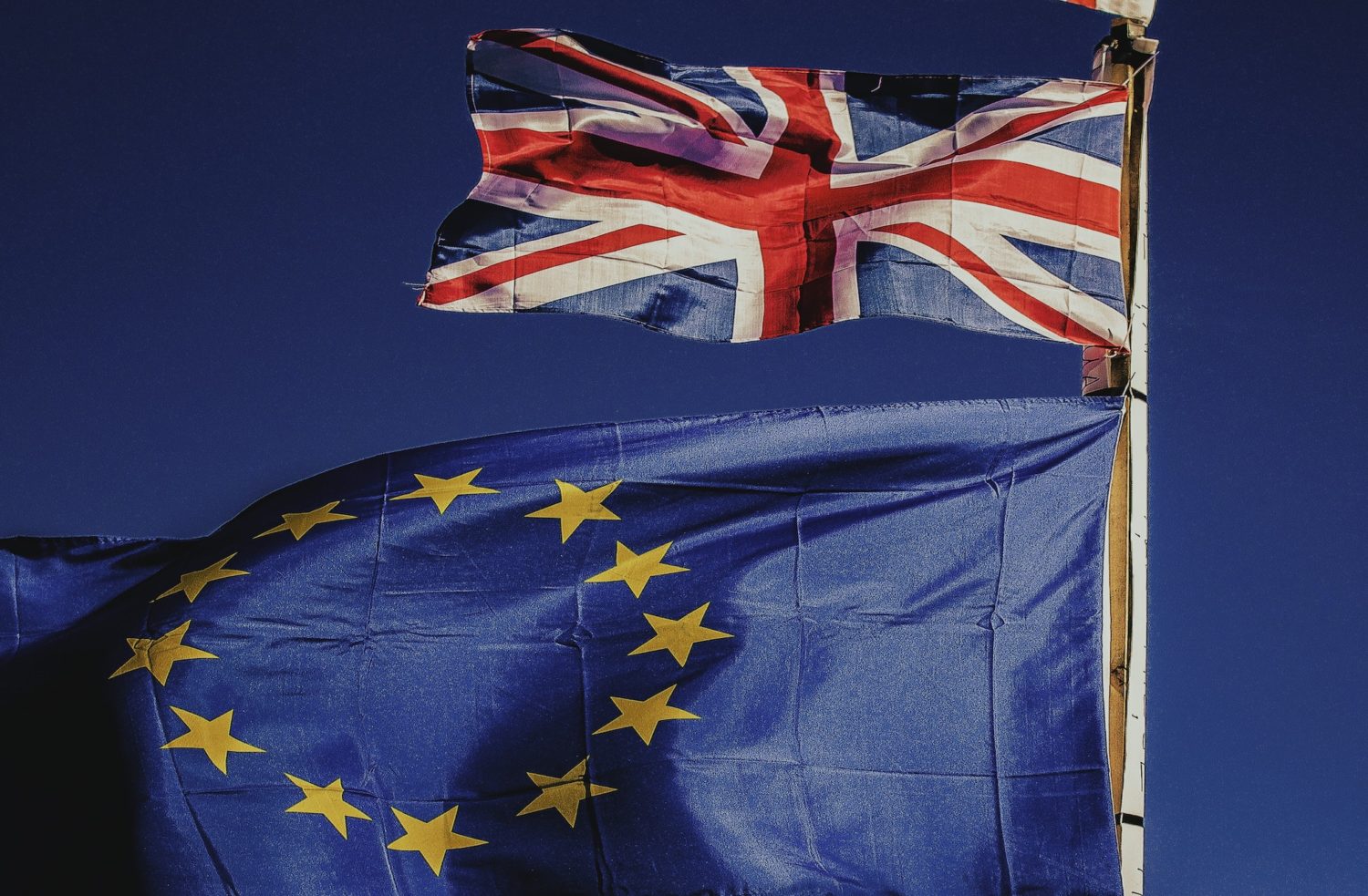The right trade-offs
The government has wasted a historic opportunity to build its post-Brexit trade deals around modern values. Labour would do things differently, argues Emily Thornberry MP.
Given the increasingly obvious and varied failures of the government’s Brexit deal, and its senseless, stubborn refusal to address them, it is easy to forget all the other trade deals it botched just as badly last year. And there were many of them.
Last year, more than three-quarters of the trade agreements notified to the World Trade Organization had a British signature on the bottom, most agreed in a late rush as the government moved to roll over our existing trade deals with dozens of non-EU states beyond Brexit, while engaging in self-destructive, time-wasting brinkmanship over the big one with Europe itself.
As a result of that flurry of UK activity, the WTO received 59 notifications of trade agreements in 2020. In the organisation’s entire history, the previous biggest total was 37.
This illustrates the fact that what took place last year was not just a significant moment in the UK’s trade history, but a major event for the world: the only time in living memory when one of the wealthy nations has had the chance to rebuild all its existing trade relationships from scratch.
With all those deals to roll over, and many other brand new ones to negotiate, our government had an unprecedented chance from 2016 onwards to show the rest of the world what a new generation of trade agreements could look like.
From climate change to forced labour, it also had the opportunity – and I would argue the moral obligation – to demonstrate the difference that a trade policy shaped around modern concerns could make.
However, with depressing predictability, Boris Johnson’s government has utterly wasted that historic opportunity, just as surely as it has made a mess of Brexit. It has given the WTO dozens of fresh trade agreements to file in its records, but not a single new lesson to learn.
And yet that is not because international trade secretary Liz Truss and her colleagues have lacked a strategy for this period. Indeed, the government’s strategy has been alarmingly basic and clear.
The goal, as published in the 2019 Conservative manifesto, is that – by the end of 2022 – 80 per cent of UK trade should be covered by free trade agreements. And its plan to achieve that has simply been to sign as many trade deals as possible, as quickly as possible, covering as many countries as possible, and to treat any obstacles they encounter with total disdain.
From its resistance to effective parliamentary scrutiny of trade deals to its refusal to invest time agreeing new chapters on environmental cooperation, the only consistent theme of the government’s approach has been the desire to get deals done without delays or distractions.
And why? Because these agreements have become, in their minds, a way to justify the historic leap of faith at the heart of their Brexit settlement. The gains from trading freely with the rest of the world, our government insist, will eventually outweigh the losses from damaging our trade with Europe.
The more the evidence mounts of those losses, the more desperately it needs some promise of the gains, even if that simply comes in the shape of more handshakes, more signing ceremonies, and more agreements in principle.
But there are three fundamental flaws in that strategy. First, the numbers just do not add up. The deals the government is doing cannot deliver the size of gains required to make up for our lost trade with Europe.
Take accession to the Comprehensive and Progressive Trans-Pacific Partnership (CPTPP), the current central goal of UK trade policy. Vast amounts of energy are being committed to joining the CPTPP, and yet, according to the government’s own forecasts, doing so will produce just a £3.3bn increase in UK imports and exports, around a third of our annual trade with Luxembourg.
Worse still, the vast majority of that increase depends on Malaysia deciding to proceed with CPTPP ratification, given they are one of only two potential members with whom we do not already have bilateral trade deals agreed or in the pipeline.
Second, the speed at which the government is seeking these new deals is entirely self-defeating when it comes to increasing the gains they produce. Again, take the CPTPP. The agreement as it stands does little to boost trade in financial services and other professional services, vital growth industries for the UK economy. It has no bespoke provisions to support trade in environmental goods and technology; educational services; engineering and construction; tourism, culture and recreation; or numerous other sectors where the UK has huge export potential but which the current agreement does nothing to support.
You would think therefore that the government would be going into its negotiations on CPTPP accession with a vast wishlist of proposed improvements to the agreement, enough to raise that forecast £3.3bn of increased trade into something much more lucrative.
But no, Liz Truss does not intend to seek a single change which might better serve the interests of UK exporters. The hope of a quick deal on accession has trumped everything else.
Third and most painful, the rest of the world sees a British government rushing around looking for trade deals to sign, and is understandably exploiting our desperation.
Australia agreed a deal in June widely described as the best in its history; New Zealand has hurried to secure the same terms; both countries achieving unprecedented access for their agricultural exports and giving away nothing meaningful in return.
When challenged about this, Truss and her allies fall back on a deeply worrying line of defence: “If we can’t do deals like this,” they say, “what was the point of leaving the EU?”
So while every other government in the world looks at proposed trade deals, and asks objectively: “What are the benefits for our country?” our government alone is asking a different question: “What does this say about Brexit?”
And if they are rushing into trade deals not because it is the right thing for our economy but because they need to show politically that Brexit is working, then that is deeply dangerous. Put crudely, it allows other countries to play us for suckers.
So what should the government do differently? Or more to the point, what would a Labour trade policy look like instead?
Most importantly, we need to focus the bulk of our energy and resources on the areas of trade where we can make the biggest immediate difference to jobs and growth here in the UK.
As things stand, that must mean – above all other priorities – fixing the holes in the UK’s deal with Europe, to make it easier for all of our exporters to sell their goods and services to our biggest trading partner, from financial services to fish.
None of that will make for exciting headlines – going over old ground and fixing past mistakes never does – but in terms of increasing UK exports and growth, it would dwarf what is achieved in the next year through trade deals with Australia and New Zealand, or through joining the CPTPP.
Next, when it comes to those new trade deals, and others we are seeking to negotiate around the world, we need to set our sights much higher in terms of pushing British interests: maximising the potential of each deal to generate business opportunities abroad and create jobs at home, and doing so in the sectors that offer the greatest scope for sustained growth. On top of that, we must also seek to use each deal to promote British standards, from workers’ rights to animal welfare; to advocate British values, from social justice to human rights; and to further international cooperation to tackle the climate crisis.
That will all take more time than the government’s current deals, and will require a degree of ambition and strength in our negotiating stance that is entirely missing at present. Some of the countries queuing up to play Britain for suckers will doubtless end up walking away because our demands are too tough, and our standards too high.
But that will be a small price to pay to achieve trade agreements elsewhere which are properly tailored to the needs of our economy, and which will make British trade a genuine force for good in the world. That opportunity has been five decades in the making, and it will be a crying shame if the Tories continue to waste it all.
Image credit: Rocco Dipoppa on Unsplash

